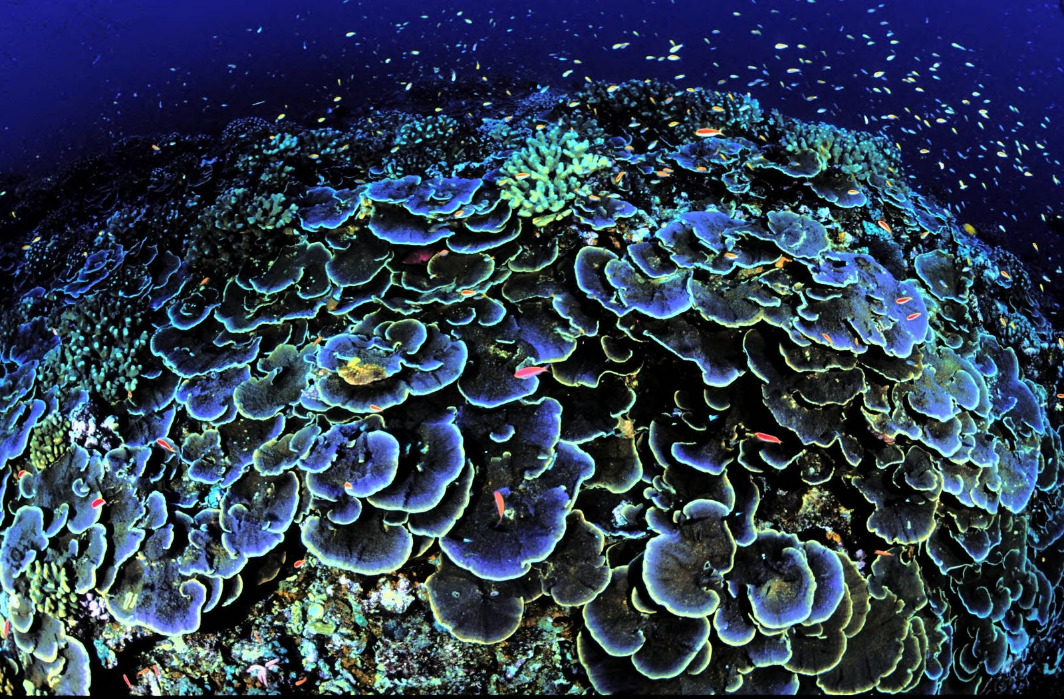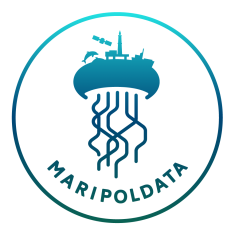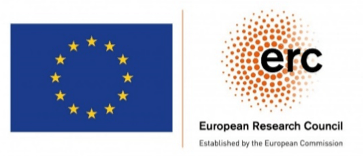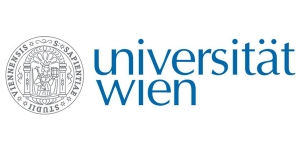Roundtable Reflections: Using Oral History in Marine Science-Policy Relations
Reported by Bekki Parrish NERC-funded Policy Intern (May – July 2019) and Kate McNeil, CSaP Communications Coordinator.
 Coinciding with the ongoing negotiations on legal instruments to protect marine biological diversity under the United Nation Convention on the Law of the Sea (UNCLOS), CSaP convened a roundtable in conjunction with Dr Alice Vadrot, Assistant Professor and MARIPOLDATA Project Principal Investigator, on the use of oral histories in marine conservation.
Coinciding with the ongoing negotiations on legal instruments to protect marine biological diversity under the United Nation Convention on the Law of the Sea (UNCLOS), CSaP convened a roundtable in conjunction with Dr Alice Vadrot, Assistant Professor and MARIPOLDATA Project Principal Investigator, on the use of oral histories in marine conservation.
Oral histories are a powerful interview tool for developing personal narratives and exploring how historical experiences and knowledge impact upon personal insights, sense of identity, and future endeavours. Throughout the roundtable, the importance of this tool in information propagation, science, and policymaking, was made salient through researchers’ experiences, including Dr. Vadrot’s experience using oral histories to map expertise in the field of marine biodiversity.
Through oral history mapping projects, researchers can identify the lead scientific experts and their networks, understand how information travels through such networks and how scientists are positioned in order to support intergovernmental negotiations regarding marine protection. These efforts shine light on the intersections between science, policy and politics, while highlighting key points at which those working in marine biodiversity science can best engage with intergovernmental policy efforts.
Dr. Vadrot was joined on the panel by Dr Sally Horrocks and Dr Paul Merchant, both of whom are researchers with the National Life Stories oral history programme, which was recently commissioned to collect multi-session interviews with scientists and engineers, and is supported by the British Library. Sharing evidence gathered from interviews with oceanographers such as Philip Woodworth, Dr. Merchant highlighted two key avenues through which scientists become involved in international negotiations and intergovernmental policy-formation: policy relevancy resulting in expert consultation, and research driven by government funding. These discussions emphasized the importance of effective communications between scientists and those outside academia at a time when marine issues including biodiversity and plastic pollution are high on the global policymaking agenda.
CSaP seeks to foster knowledge exchanges and create new links between academics and practitioners with a view to supporting the relationship between those tackling challenges in the science and policy sectors. MARIPOLDATA is an ERC Starting Grant Project and this workshop was also part of the main objective of the project to develop a new methodology to study science policy interrelation in practice.
This blog has been written and published by the Centre for Science and Policy. The original article can be consulted HERE.


